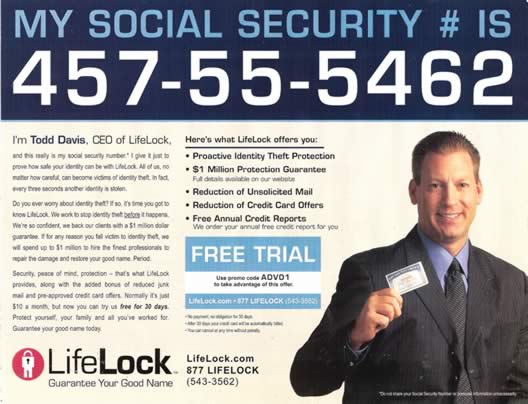Usually the pages of Risk Management and the Risk Management Monitor are full of stories about companies that have done wrong and cost themselves small fortunes in the process. But every so often we come across a story of a company that goes above and beyond the call and reminds us that when it comes to a company’s reputation, doing the right thing is sometimes more important than not doing the wrong thing.
A case in point is online shoe retailer Zappos.com. As reported on the Consumerist, last weekend a programming error caused all of Zappos’ products to be priced at $49.95. The error was eventually discovered but not before the company lost more than .
6 million. But rather than cancel the orders affected by the error, the company chose to absorb the loss because as Zappos CEO Tony Hsieh explained on a company blog, “it was the right thing to do for our customers.”
“To those of you asking if anybody was fired, the answer is no, nobody was fired – this was a learning experience for all of us. Even though our terms and conditions state that we do not need to fulfill orders that are placed due to pricing mistakes, and even though this mistake cost us over $1.6 million, we felt that the right thing to do for our customers was to eat the loss and fulfill all the orders that had been placed before we discovered the problem.
buy bactroban online orthosummit.com/wp-content/uploads/2023/10/jpg/bactroban.html no prescription pharmacy“
Of course, a cynical person might point out that drawing attention to the error and the subsequent loss is a pretty effective form of self-serving marketing – a kind of look-how-generous-we-are-so-come-shop-with-us sort of thing. And to a certain extent, it probably is. But in the end, it is the customers who benefit and I for one will certainly check out Zappos the next time I’m looking to buy shoes. Perhaps that $1.6 million loss will turn out to be a pretty good investment into Zappos’ reputational goodwill.



